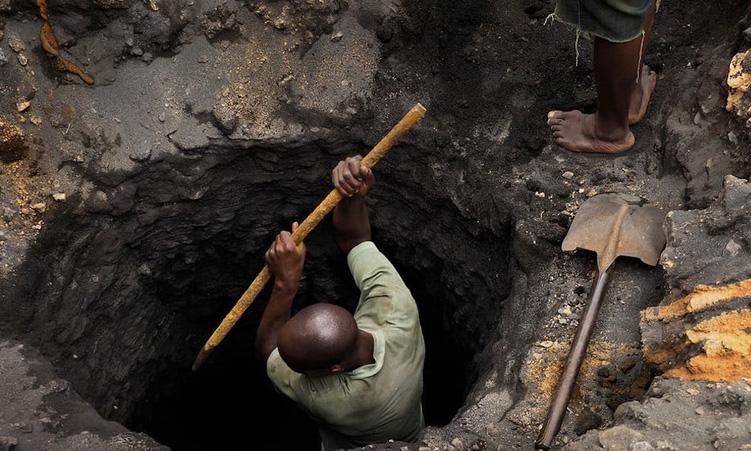FOURTEEN years have passed since the majority of South Africans were first given their right to vote in a free South Africa. Last week, their right to vote was renewed for the fourth time.
The ruling African National Congress recorded another comprehensive victory and will inevitably elect Jacob Zuma on May 6 as the fourth president of the country. Observing the election from Paris provided interesting insights, both about the major focus of the French or other western media about the person of Zuma, including the manner in which the elections were conducted. That the elections were peaceful, free and fair was not really an issue. The underlying assumption could be that free and fair elections ought to be the norm. Alternatively, it could be a matter of just not giving credit where it is due. It is all a matter of perspective. In the mainstream media or even tabloids, the person of Jacob Zuma remains a tainted personality, and analysis about him caricatured his life as a polygamist, not to mention the over 700 criminal charges he was facing up until just three weeks ago. In essence, every newspaper I open or read, be it the Economist, Le Monde or The New York Times, including broadcast media – western opinion seemed to be unanimous that Zuma is a ‘misfit’ or some ‘odd man’ in Nelson Mandela’s South Africa. Fareed Zakaria’s GPS on CNN went as far as asking the question: ‘Is Jacob Zuma fit to rule?’What puzzles western opinion about Zuma’s South Africa does not necessarily seem to be some elitist notions rooted in Comrade Zuma’s lack of formal education. It could be the case and it is a recurrent commentary. But then, how do we explain western admiration for another self-taught leader, Brazil’s Lula? Jacob Zuma’s run ins with the law, including his life as a committed polygamist, provides without question an interesting test case for how South Africa emerges as a liberal constitutional democracy and how it is perceived globally. To put it coarsely, South Africa does not have the same high stock it used to have, both under the moral entrepreneurship of Nelson Mandela or the highly technocratic, but at times erratic, Thabo Mbeki. Much of western opinion is exceedingly suspicious of a Zuma presidency, largely due to Zuma’s own failings. The British, Germans or the French for that matter can’t imagine voting overwhelmingly for a President with far too many blots on his person out there in the public domain. The point being underscored here is that in a western democratic context, a political leader like Jacob Zuma would not enjoy such overwhelming support. Nor would he accede to the supreme function in the land.I am not too sure if we should qualify this lack of support and endorsement of Jacob Zuma as ‘western exceptionalism’ and ‘biases’ in terms of standards and norms. Should these be applicable to our emerging democracies? The argument some may make is that we will get there – ‘Africa must be given time’. Or some may just be dismissive and argue that our democracies should move a different trajectory in line with our own ‘African particularities’ and ‘peculiarities’. I don’t know what this may mean in practice, notably in the short term or even the long term. I don’t know the costs either. The subtext that I seek to emphasise here is that when Nelson Mandela became President of South Africa in 1994, the direction South Africa was to craft was one of a value-driven society. Moreover, it was the insistence on these values and norms, which were codified in the South African constitution – considered by many as an important advancement in Africa, even the world. In that sense, South Africa raised expectations about itself and the role it would play as a dynamic value-driven middle-power on a continent whose image was that of corrupt and kleptocratic regimes. Even if the people have spoken, perhaps prophetically so, the reality South Africa faces today is one of a ‘perception deficit’. The rainbow people of God have been brought down to earth. The point is – perceptions do matter in international relations and shape the opinions we form about others. Jacob Zuma will have five years to prove, importantly to sceptical Africans and suspicious western opinion alike, that South Africans voting for him massively was a consequence of them being endowed with what the scholar from Martinique Edouard Glissant, refers to as ‘a prophetic vision of the future.’ * Alfredo Tjiurimo Hengari is a PhD fellow in political science at the University of Paris- Panthéon Sorbonne, France.
Stay informed with The Namibian – your source for credible journalism. Get in-depth reporting and opinions for
only N$85 a month. Invest in journalism, invest in democracy –
Subscribe Now!










